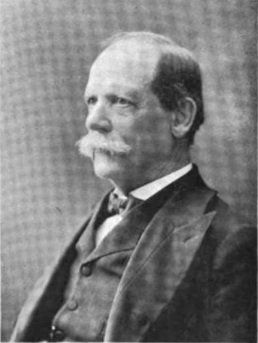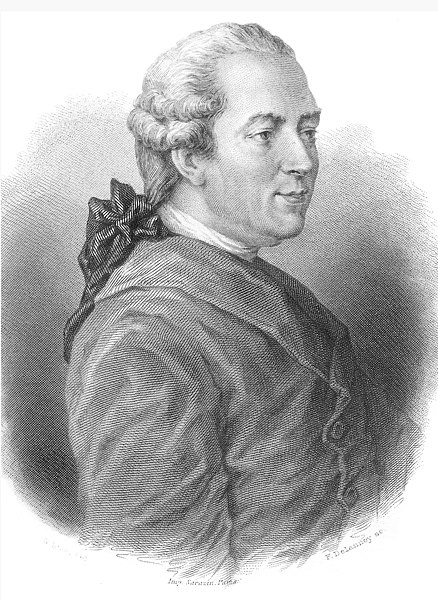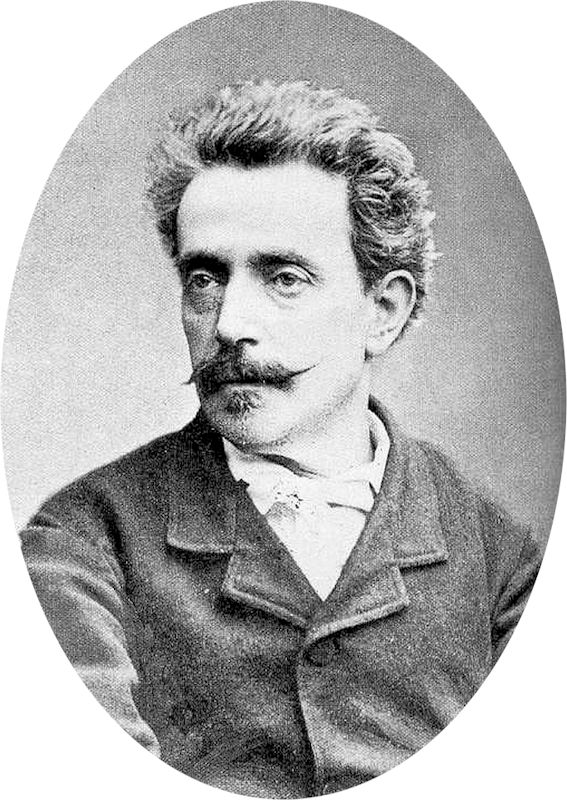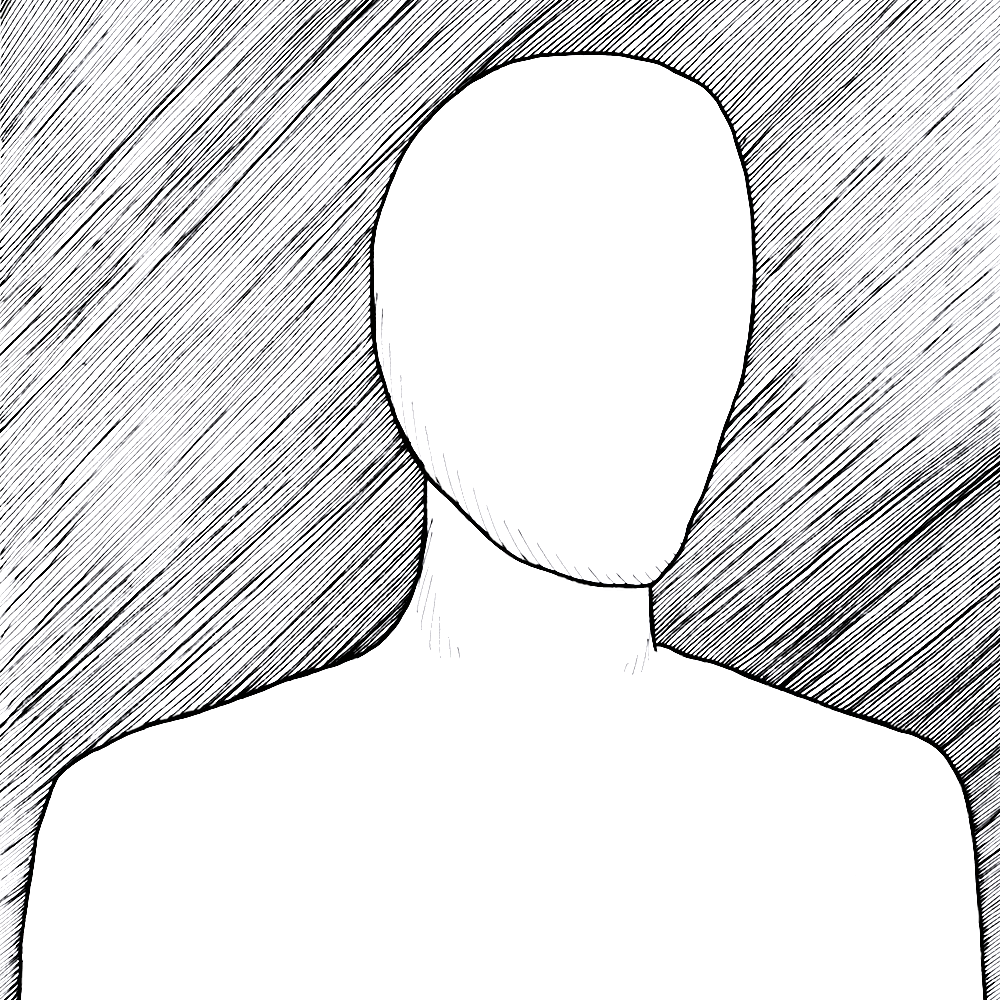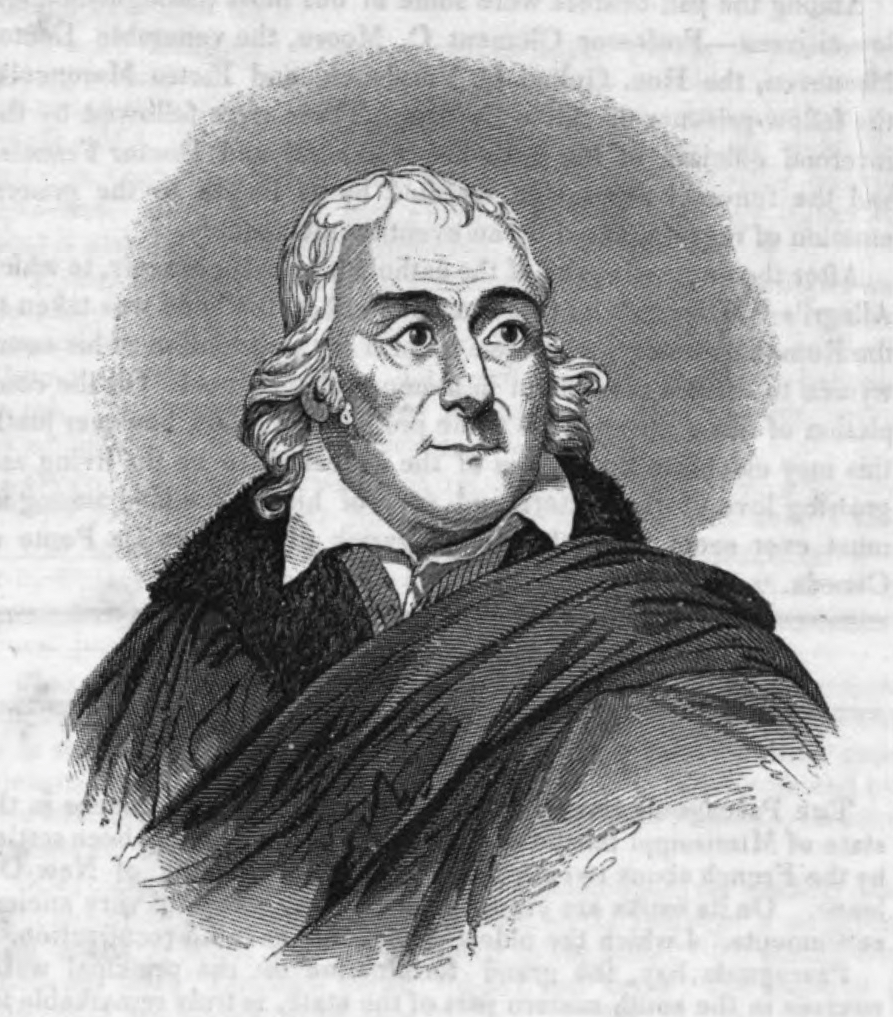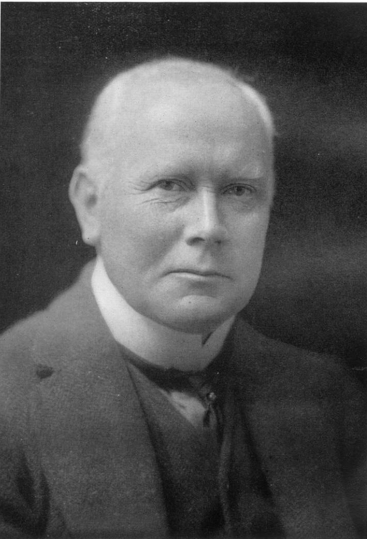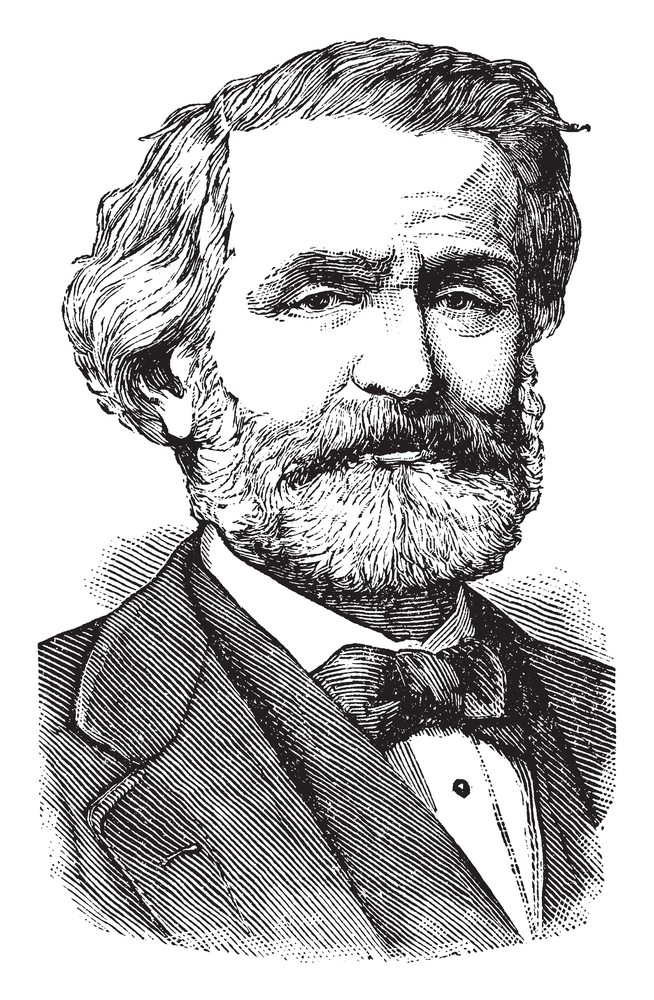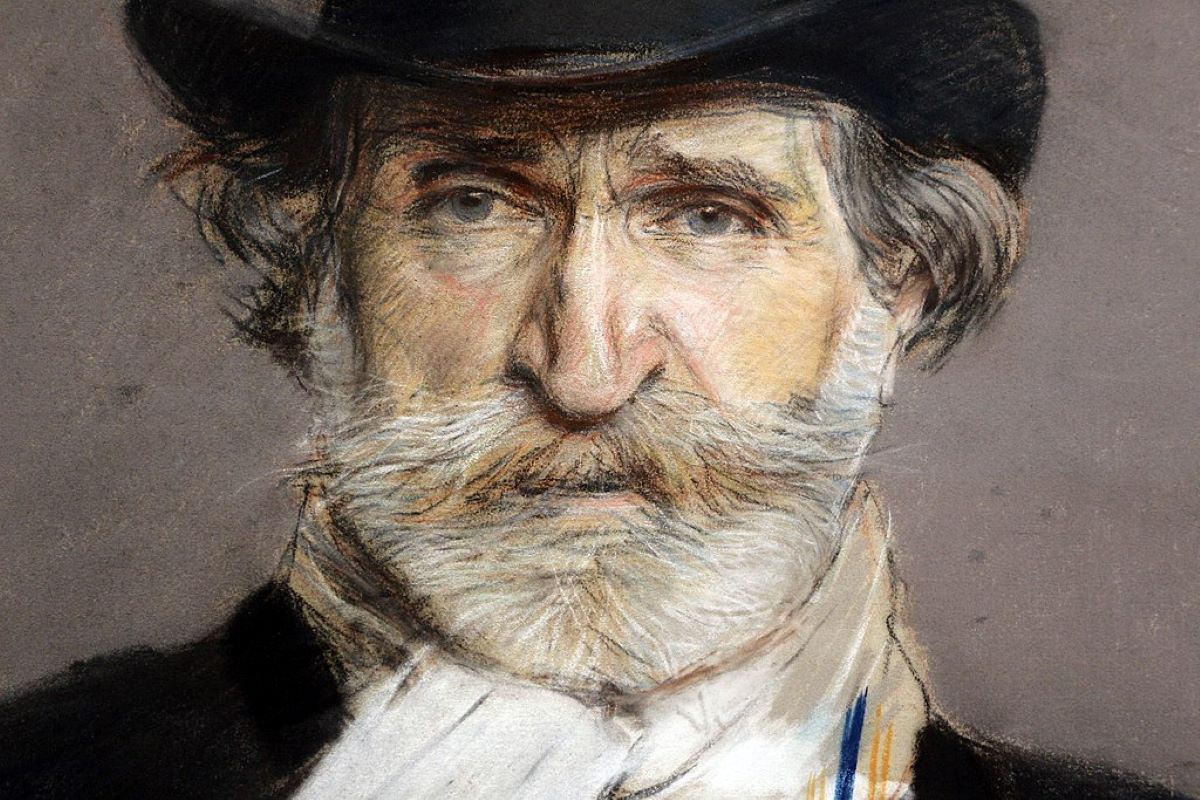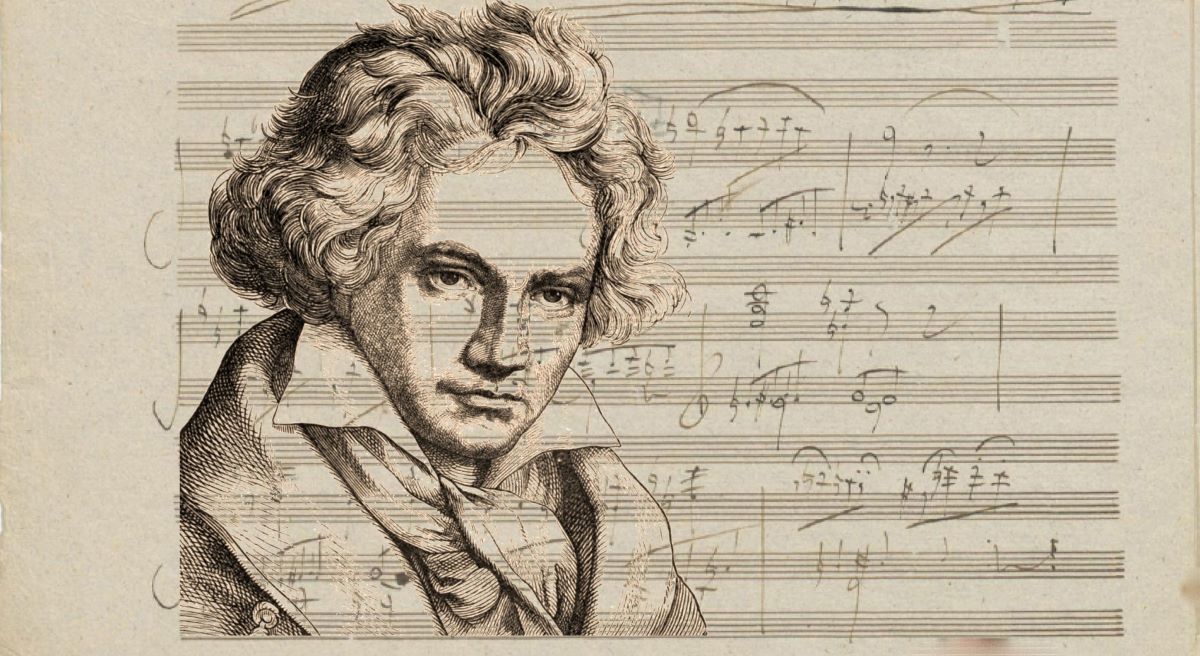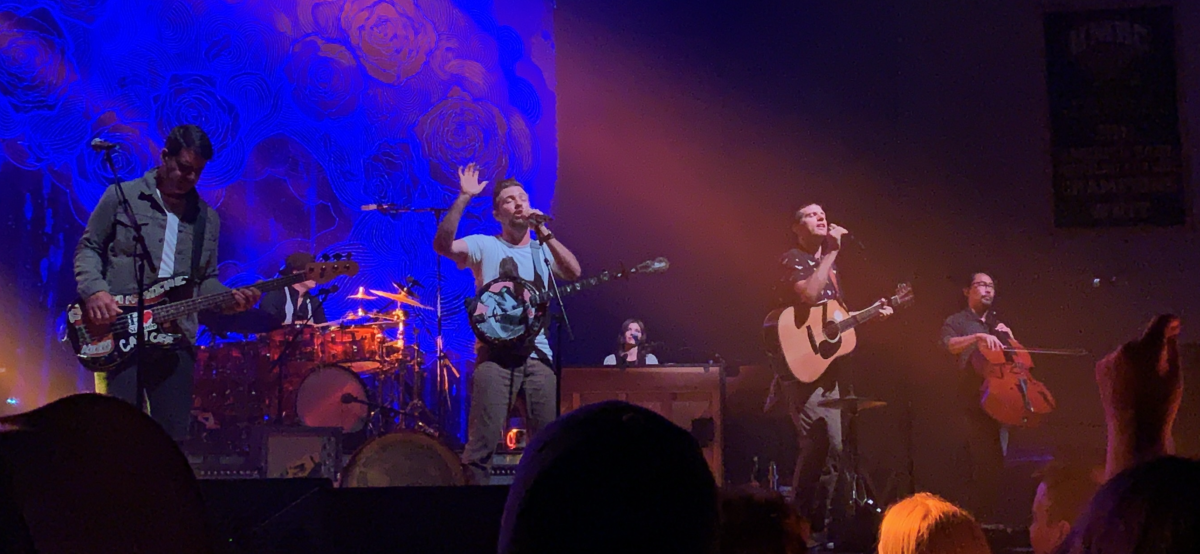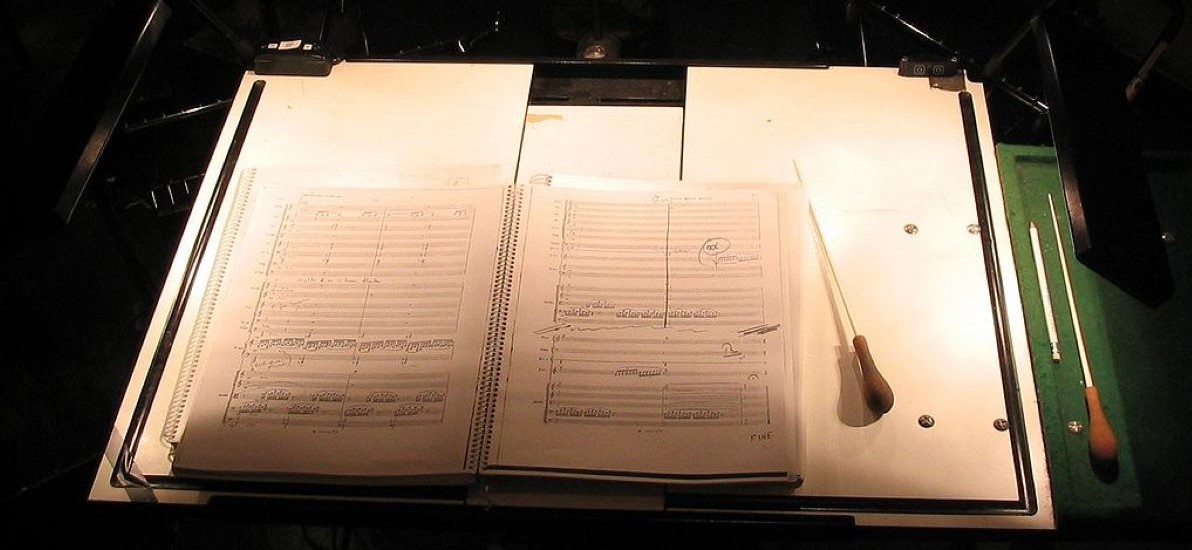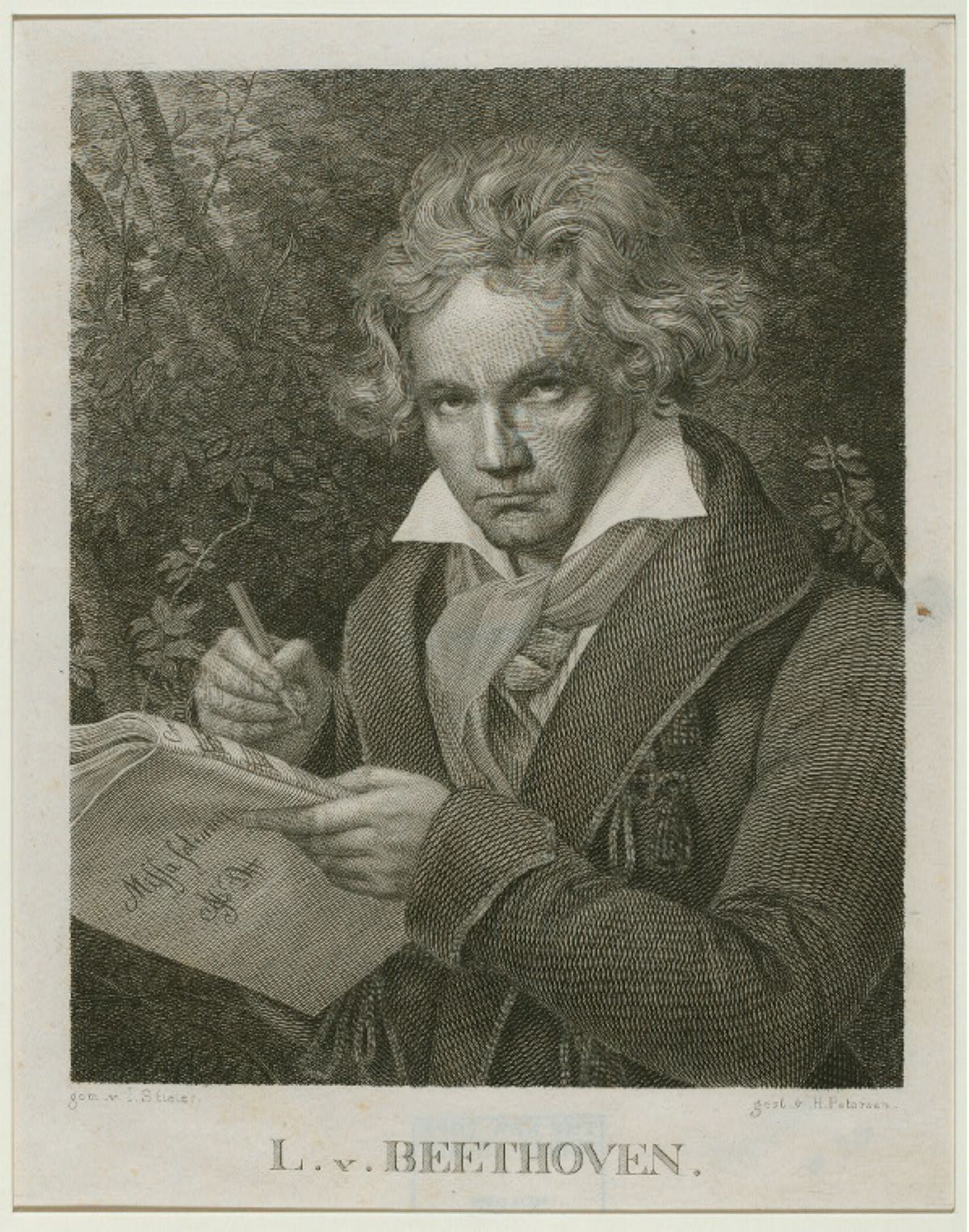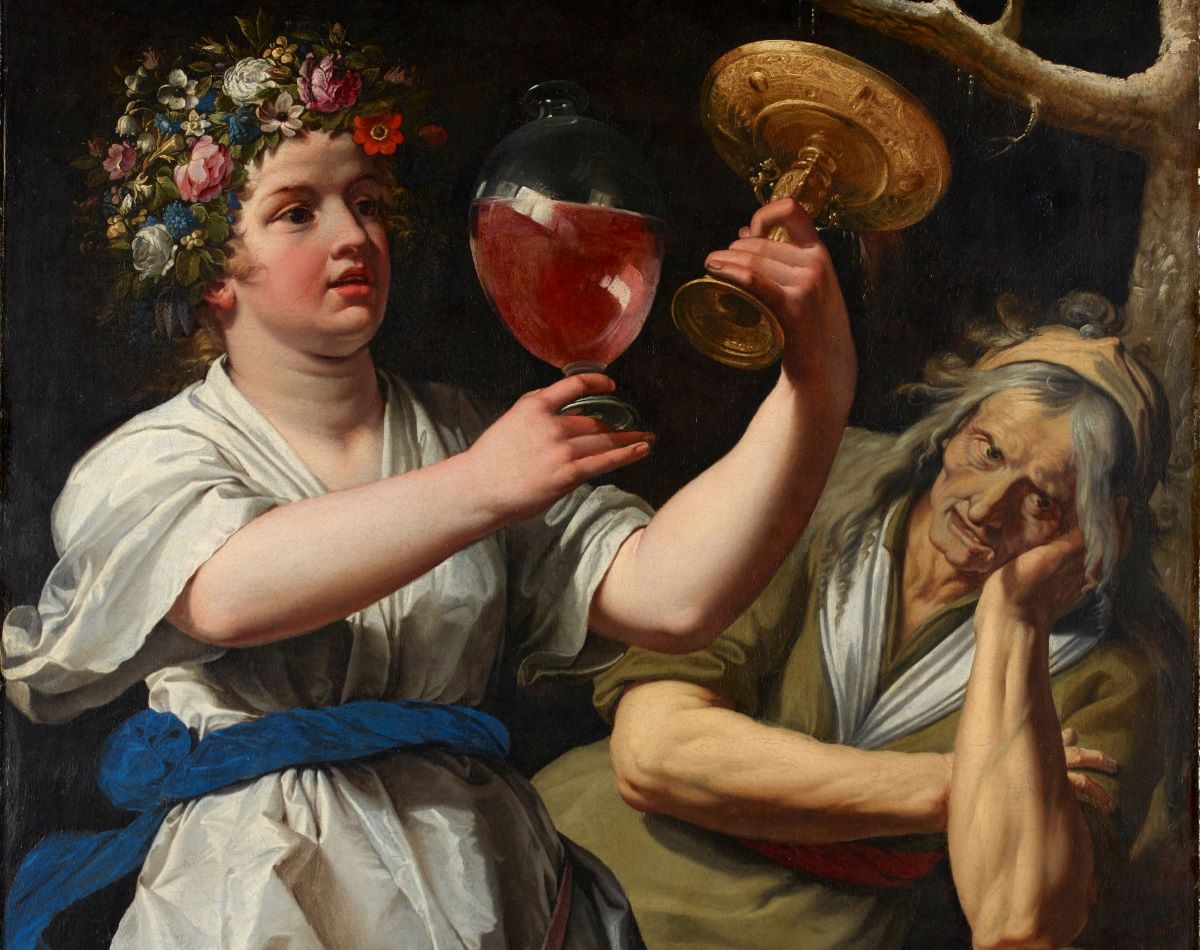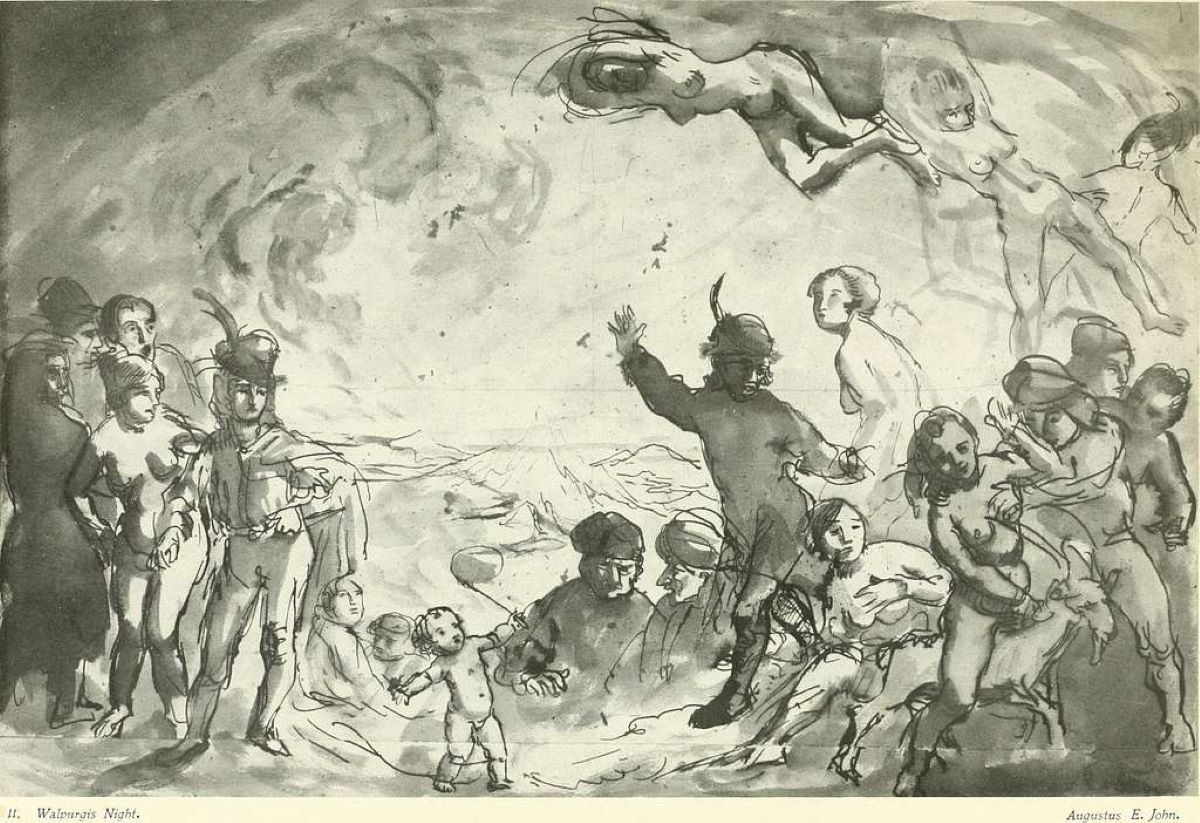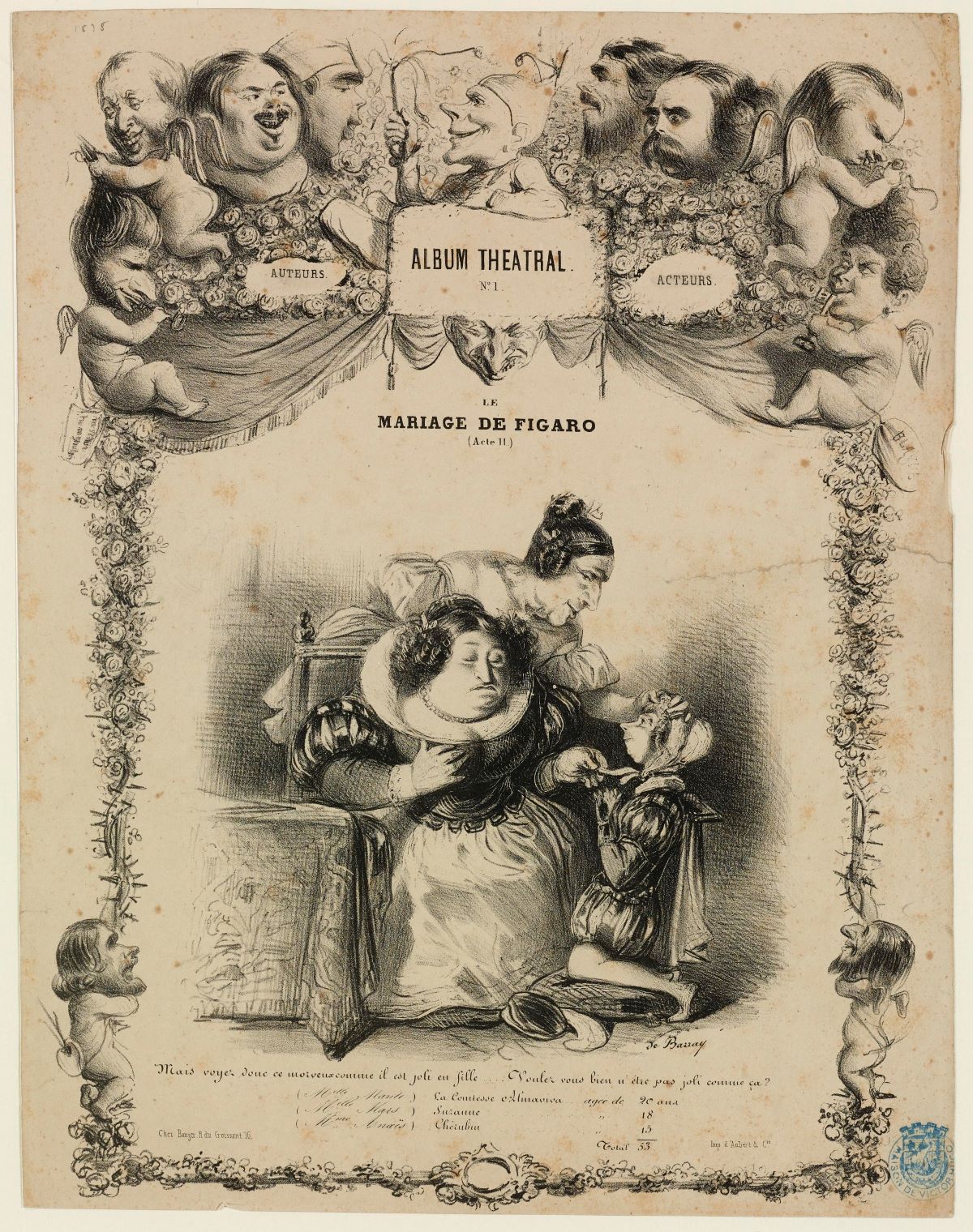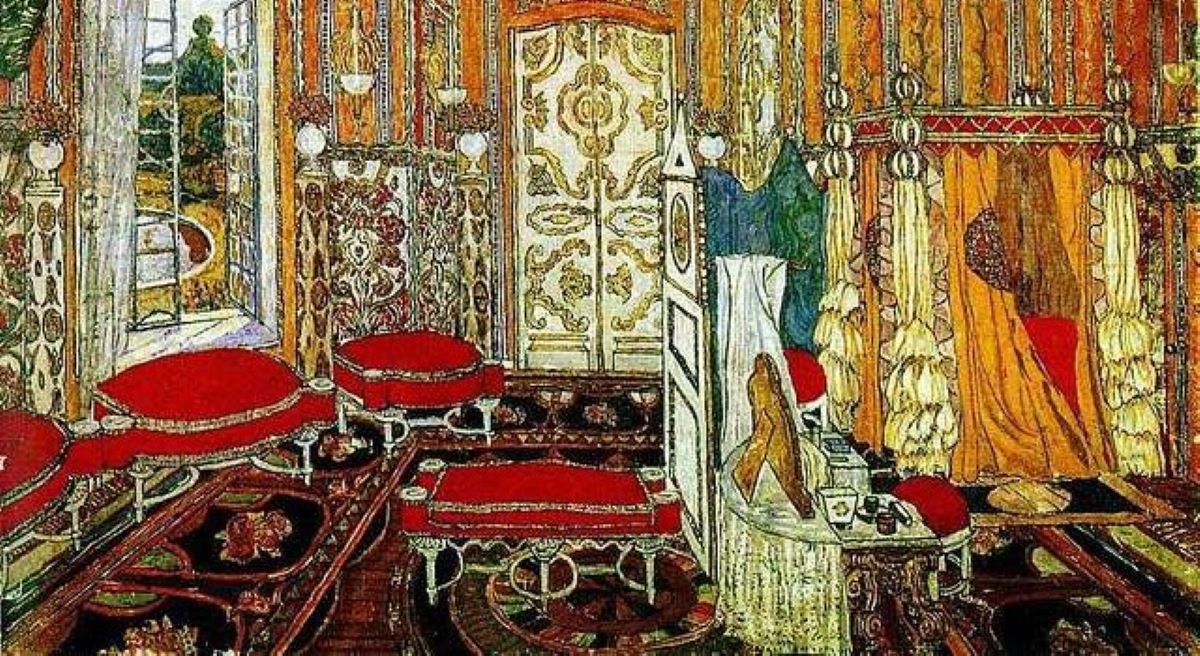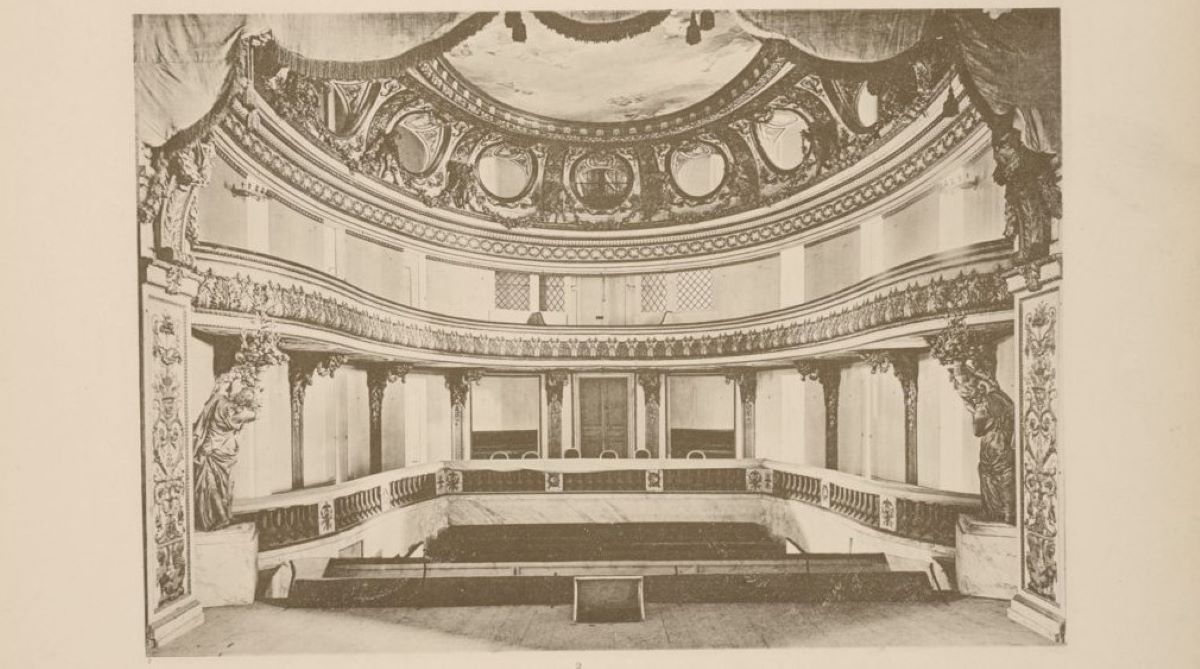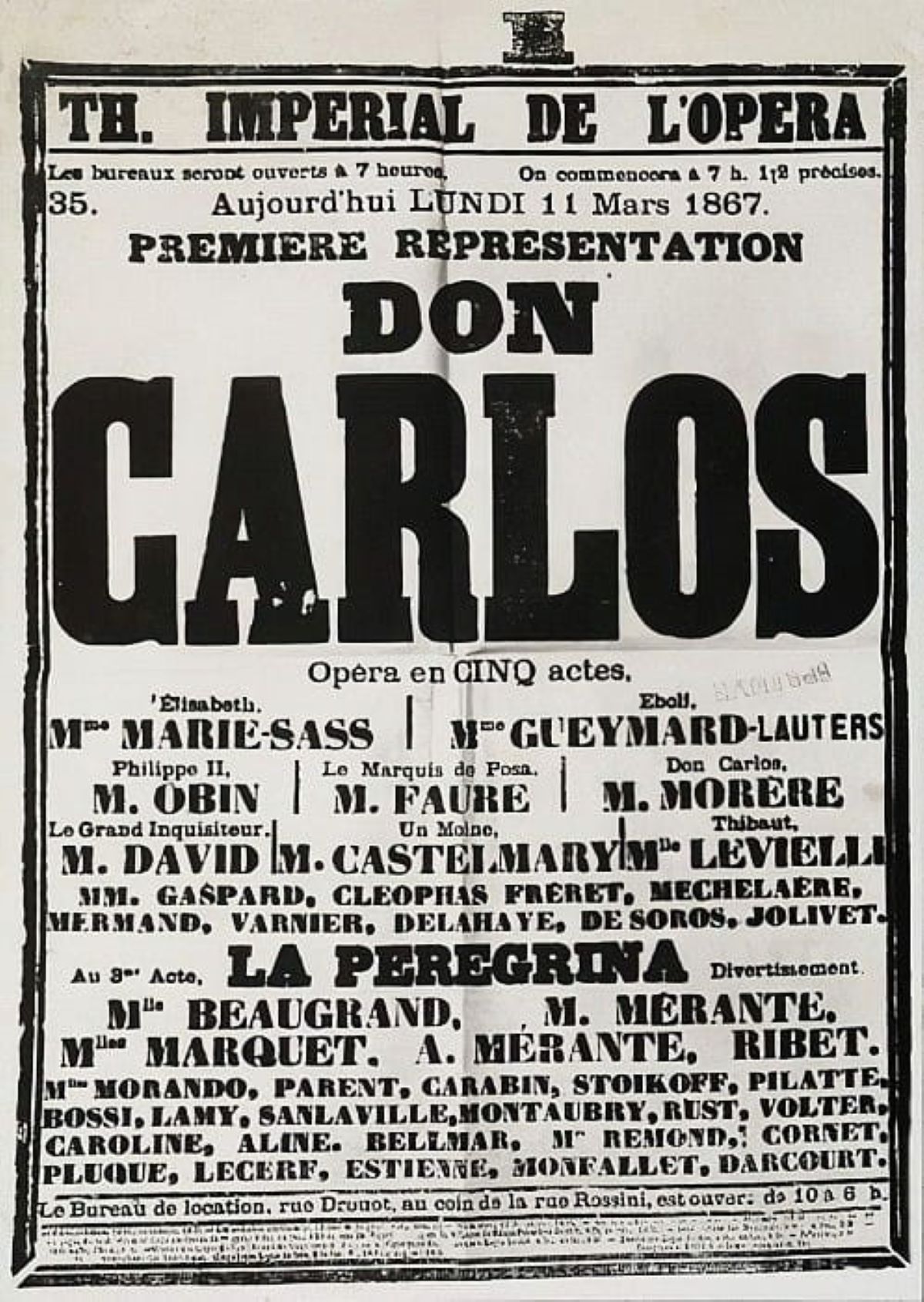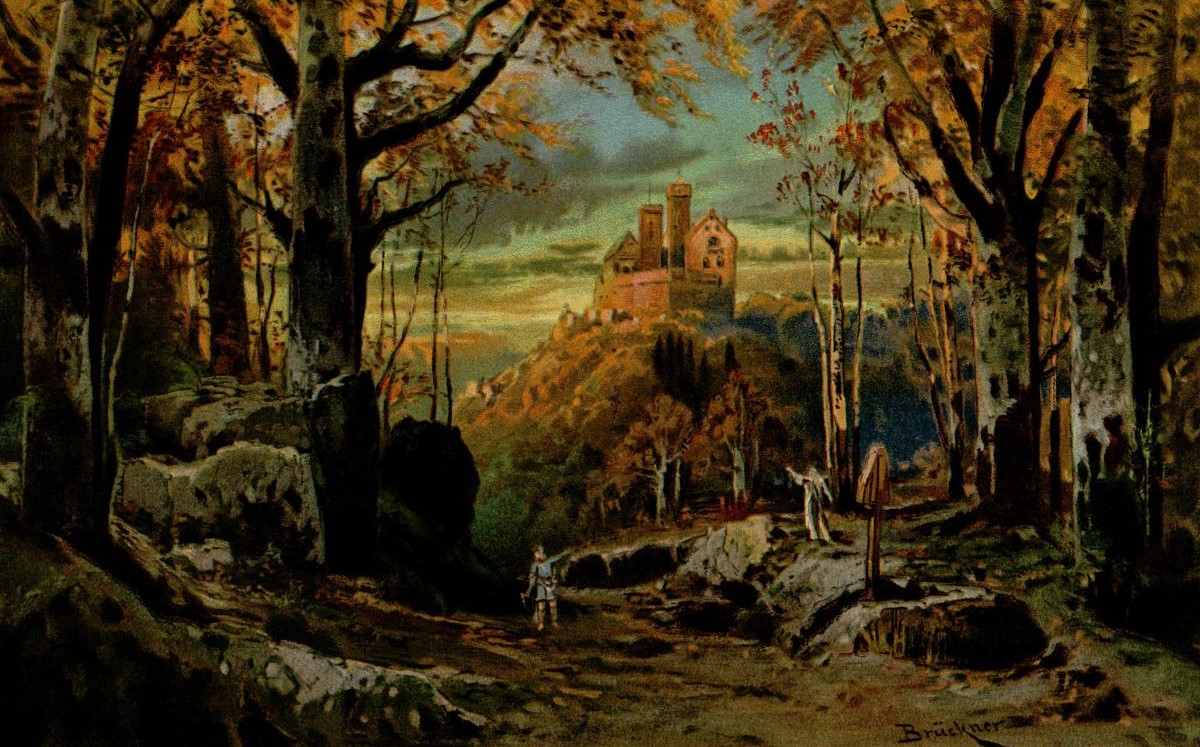Music
About this Collection
From historic changes in form to the choice of what texts to set to music, the art of music has long been a vital force in the expression of the human desire for liberty.
Key People
Titles & Essays
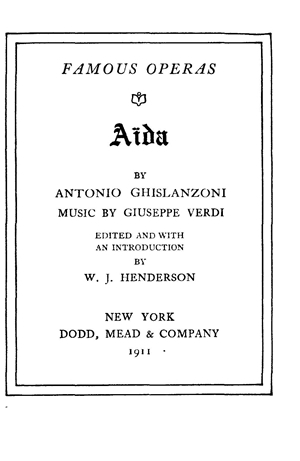
THE READING ROOM
THE READING ROOM
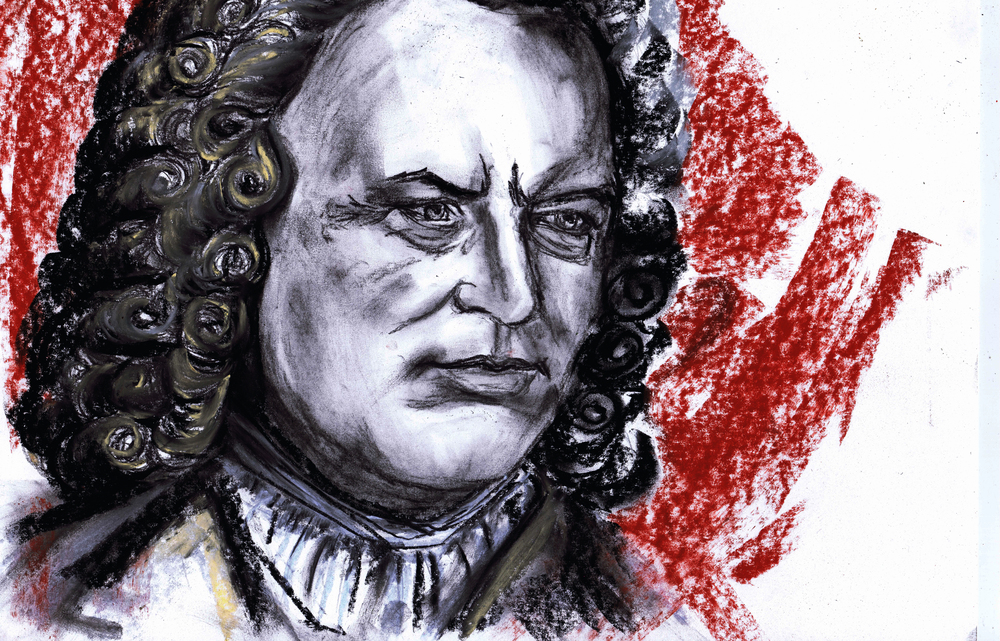
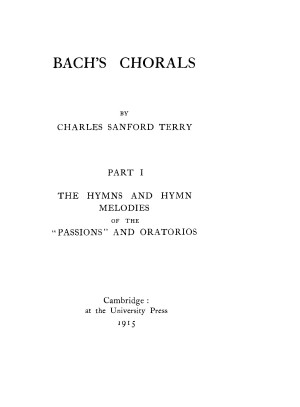
Johann Sebastian Bach (author)

Johann Sebastian Bach (author)
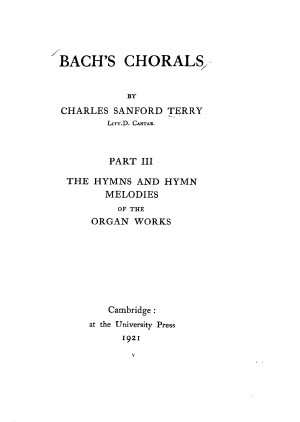
Johann Sebastian Bach (author)
THE READING ROOM
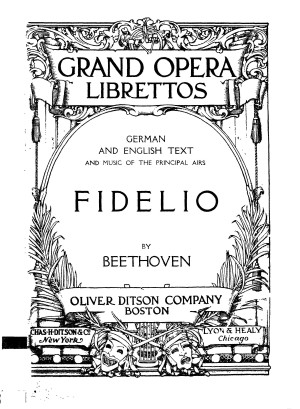
Ludwig van Beethoven (author)
THE READING ROOM
THE READING ROOM
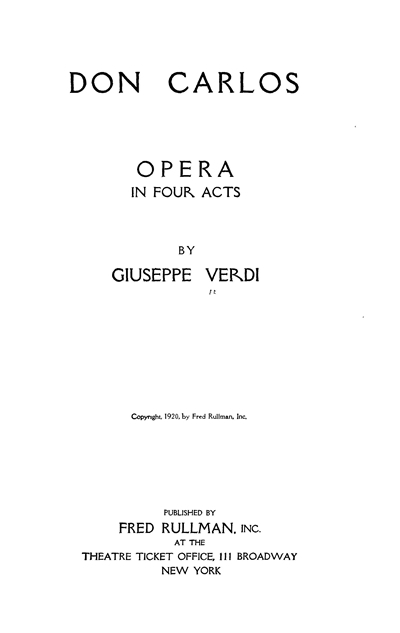
THE READING ROOM
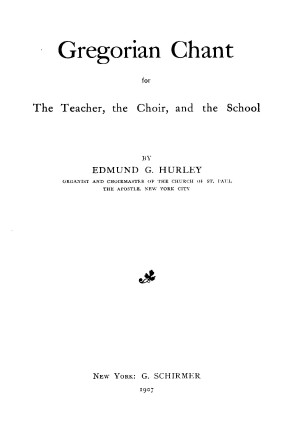
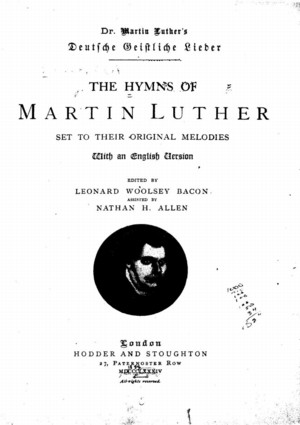
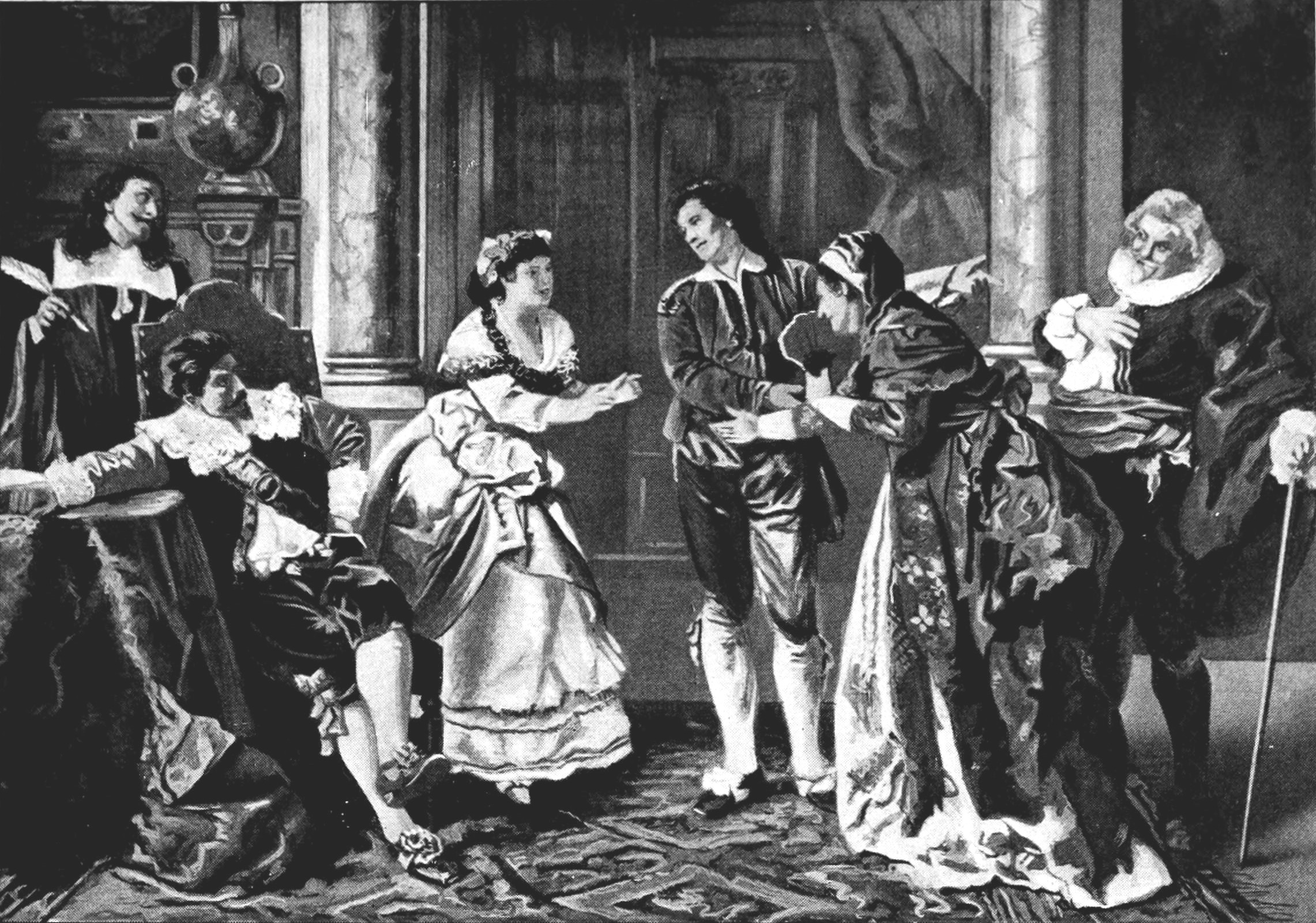
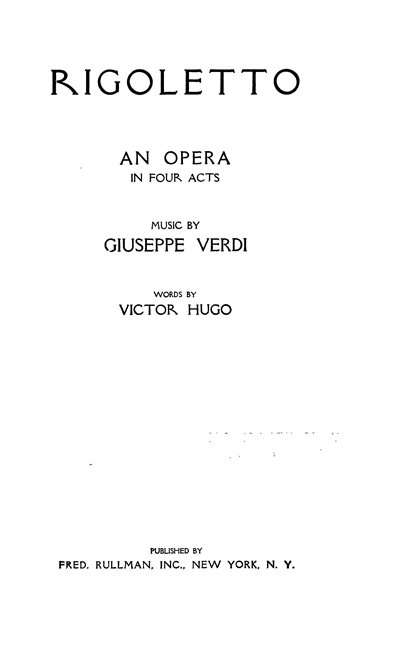
THE READING ROOM
THE READING ROOM
THE READING ROOM
THE READING ROOM
THE READING ROOM
THE READING ROOM
THE READING ROOM
Quotes
Literature & Music
Bach asks God “when will I die”? (1700)
Literature & Music
Beethoven’s hero Florestan in the opera Fidelio laments the loss of his liberty for speaking the truth to power (1805)
Literature & Music
J.S. Bach and Martin Luther on how God (the “feste Burg”) helps us gain our freedom (1730)
Literature & Music
Thierry on the need for songs about our lost liberties which will act as a barrier to encroaching power (1845)
